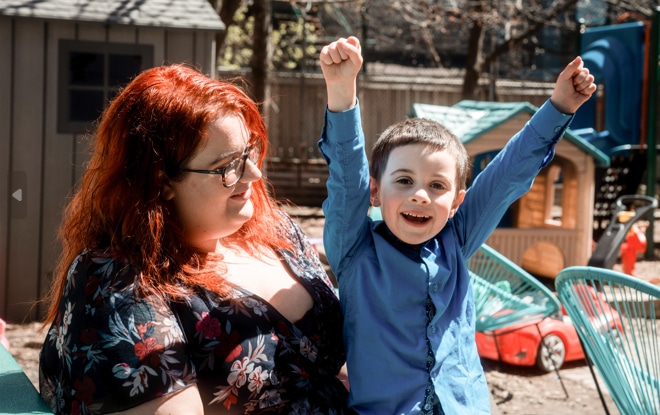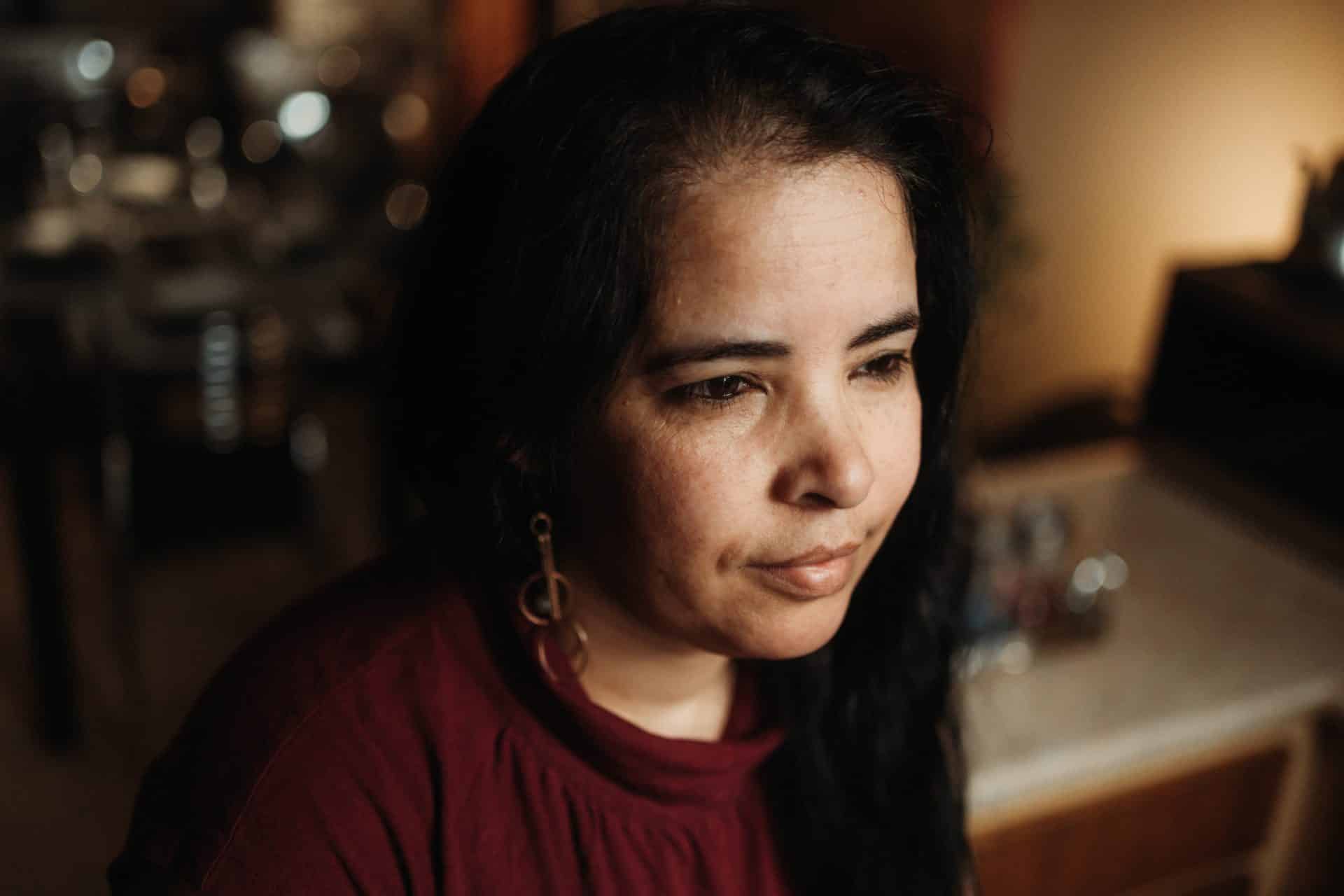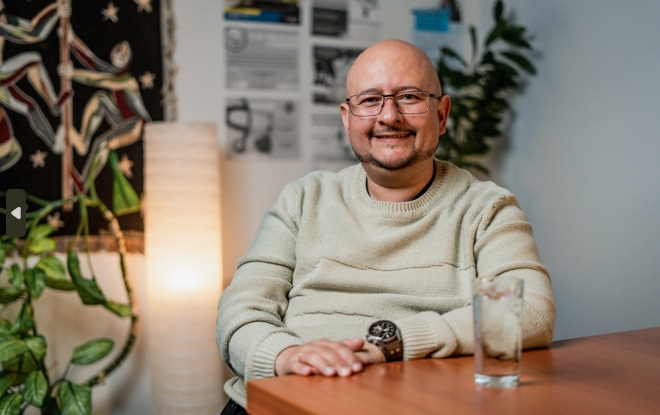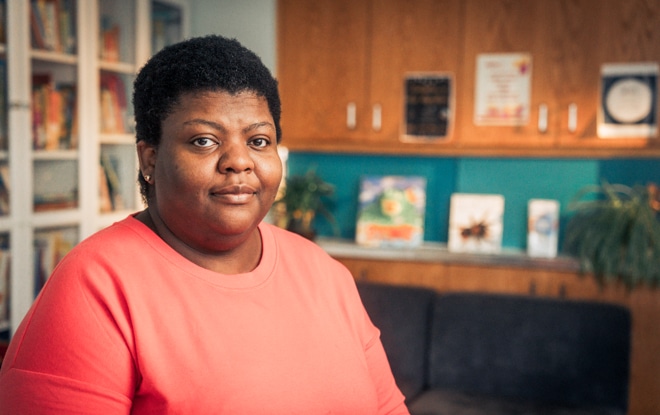MAKING SOUND INVESTMENTS
FOR WORTHWHILE RESULTS
In 2023-2024, Centraide invested $73.2 million in 375 agencies and projects to help Greater Montreal communities.
These investments go to four key areas:
of our
investments
agencies
supported, including the CIP
invested
Breaking the cycle of poverty
Growing up poor increases the risk of accumulating problems throughout life. Starting from birth, children born to poor families are disadvantaged. Poverty has impacts on their well-being, development, academic success, lifestyle and health. They’re more likely to start school with delays and drop out before graduating. Without a diploma, they risk making lower incomes, having worse living conditions, and getting caught up in a cycle of poverty that will be hard to keep their children out of as well.
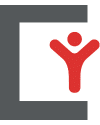
Our approach
By creating conditions that foster the well-being and development of young people, we can break the cycle of poverty and offer young people, and their own children, a better future.
Our investments support
- A good start in life for all children
- Academic and social success
- Family environments that foster development
- Help at every stage on the road to adulthood
of our
investments
agencies
supported, including CIP
invested
Meeting the essentials
Many people can no longer meet their basic needs. Financial hardships, the high cost of living, and other factors all contribute to this worrisome reality. More and more people face precarious housing situations and have to cope with excessive rents or unhealthy conditions. Food insecurity is reaching unprecedented levels in Greater Montreal. People’s mental health is also affected, as they have limited access to help and support services.

Our approach
By meeting basic needs, we guarantee decent living conditions so that everyone can go about their daily lives, build a future, and play an active role in society.
Our investments support
- Access to decent and affordable housing
- Food security
- Budgeting and financial literacy
- Support for people in a situation of homelessness
of our
investments
agencies
supported, including the CIP
invested
Supporting marginalized groups
Some groups are more at risk of experiencing poverty and social exclusion due to a specific hardship (job loss, family issues, mental health problems, difficult immigration journey, etc.) or because of their identity or condition (sexual orientation, gender identity, age, disability, ethnocultural background, etc.).

Our approach
By supporting marginalized groups, we create inclusive communities in which everyone feels valued, respected and fully included, regardless of their situation or identity. We fight prejudice, discrimination and inequality that can exclude certain population groups.
Our investments support
- Caring communities that let everyone realize their full potential
- The recognition of a plurality of voices within communities
- Equitable access to ressources and support to help people balance their mental health and overcome social isolation
of our
investments
agencies
supported, including the CIP
invested
Reinforcing leadership and skills development
Thanks in particular to their roundtables, all of Greater Montreal’s neighbourhoods are working to create environments that help community agencies and other social partners to share values and work together for our collective well-being. A focus on cooperation helps everyone better meet the challenges they face. This collective action also encourages citizen and community involvement to let residents actively contribute to local life and social change.

Our approach
By strengthening the leadership and skills of community agencies and collective bodies, we are reinforcing the social fabric to further combat poverty and social exclusion in Greater Montreal’s neighbourhoods.
Our investments support
- Resilient communities that can rise up to challenges
- People’s engagement in their communities
- Access to resources that community stakeholders need



